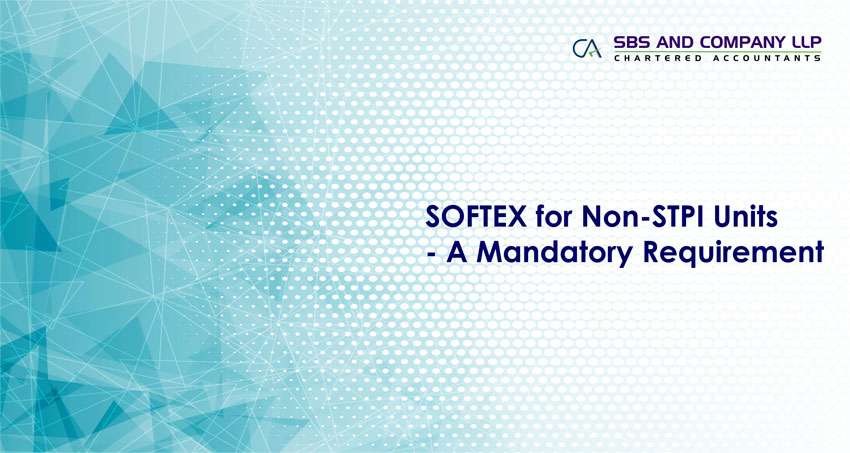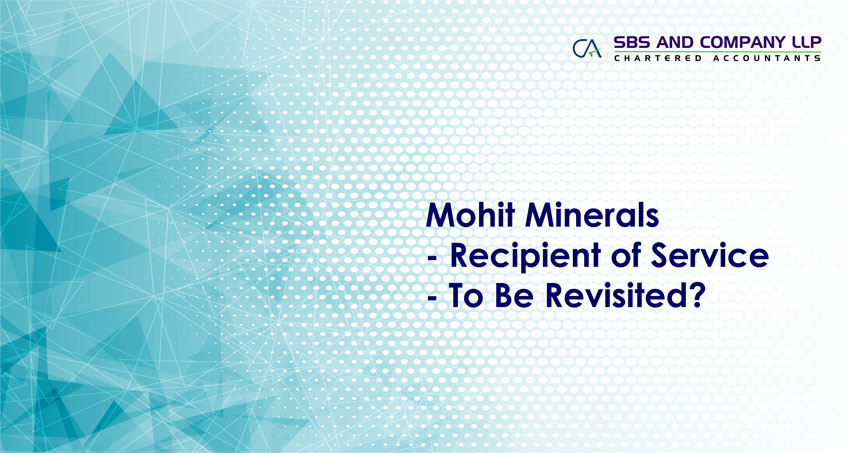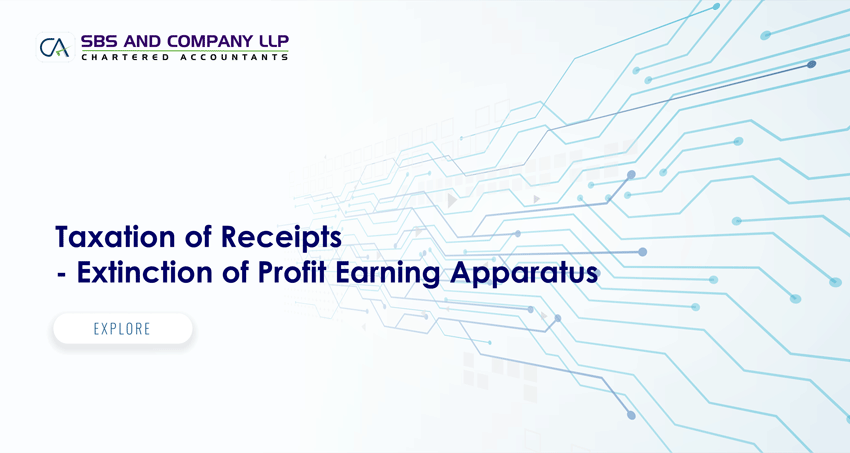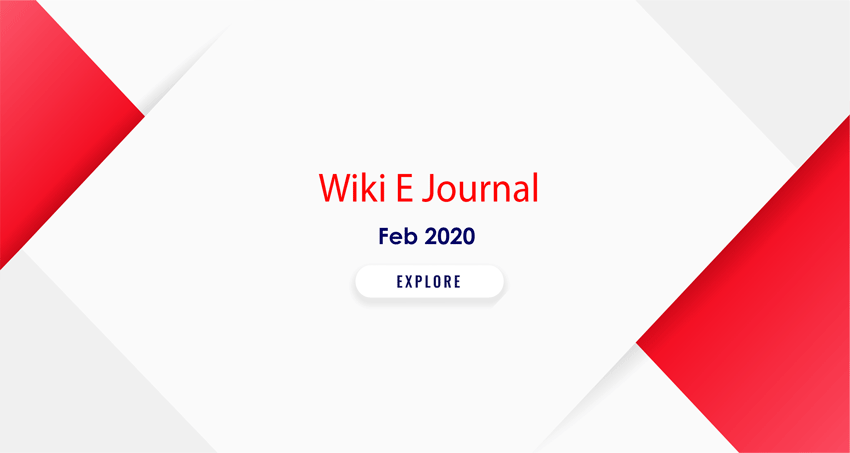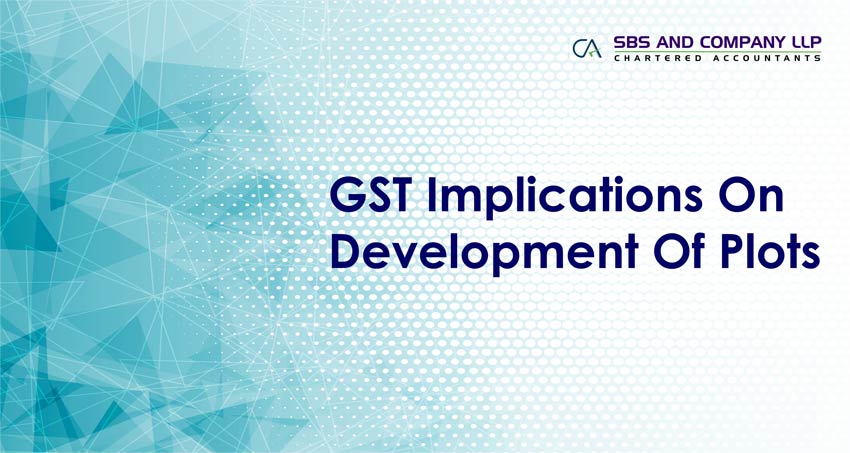Introduction:
The typical model of majority of the IT companies which are engaged in provision of software services to parent/group companies is ‘cost plus mark-up’. Under this model, the Indian companies would agree to provide a host of services to the parent/group companies and bill them on periodical basis on cost plus agreed mark-up. An agreed and transfer-pricing friendly margin/mark-up would ensure that Indian companies are always left with good enough reserves and not to worry of working capital requirements. This would ensure that Indian companies would never get into losses and concentrate on development of software and provision of other ancillary services.IT companies can start their operations in India either as SEZ or STPI or simple DTA unit[1]. Each of them have specific set of regulations and host of compliances to be adhered. The selection of the unit (SEZ/STPI/DTA) is purely the decision of promoter taking into the advantages and limitations which each set-up would provide.
The advent of MAT and phase out of Section 10A benefit under the Income Tax laws made choice of setting up a software company as SEZ unit, no longer a favorable option. The same is the case with STPI. Thereby all the companies now prefer starting the company as a DTA unit, since there are no specific pre-requisite conditions that are to be satisfied unlike SEZs and STPIs, which make the entire process of setup of DTA unit easy and hassle-free.
Read more: SOFTEX for Non-STPI Units - A Mandatory Requirement


